Opinion Piece by Editor Susan Hess.
Originally published in 2004 in the Hood River News. Re-published here because it seems timely right now — in light of the affordable housing debates throughout the greater Gorge and Portland areas.
The man with the compact SUV invites Jurgen and me to ride with him up to the Mt. Adams cross-country ski trail we’ve all volunteered to brush out.
“Where do you live?” he asks.
“In Hood River.”
“Oh. Nice to have some outsiders come and help.”
Outsiders? I think, We just live across the river. Instead I ask, “How long have you lived around here?”
“We moved here in 1998,” he says. He tells us he and his wife live near Trout Lake sixty percent of the year, but also own a condo in Portland, and another in southern California. I hope my mind will just ignore it, but no, it’s already thinking, Three houses? I want to ask him if it wouldn’t be cheaper to just rent during the short time they stay in the other towns.
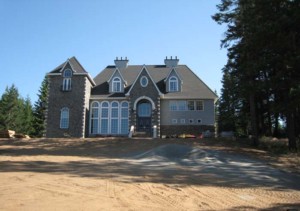
A Columbia Gorge house with a large footprint.
I don’t, because I don’t really want to know. If I asked, it wouldn’t really be a question. I’d just be making a point—that there are hundreds of thousands homeless, and millions without adequate heath care. I want to say that we dam wild rivers, burn coal, or pipe gas to generate power in order to heat and cool places vacant most of the time.
I don’t want to insult the man. He seems like a person whose team you’d like to be on at the company picnic—the kind who would take everyone out for ice cream afterwards. Yet I know, as hard as I try, the way I feel shows. I don’t know how. Maybe it’s what I don’t say or the questions I don’t ask. Maybe my eyes say what my mind thinks, but I don’t say anything.
He’s proud of his success. He makes enough money to own three houses. Yet Jurgen and I say nothing. He must sense something, yet continues friendly chatter as we wind up the gravel roads.
At the trailhead, the five of us, four volunteers and a Forest Service employee, pull out clippers and saws and start up the steep trail in the already warm morning. Our driver tells us he’s planted hundreds of trees on his land. I admire that. We finish by noon, eat lunch and join the other seven working on a trail several miles away. By 2 p.m., the trails are clear and ready for next winter snows.
Yet, I finish the day frustrated. I volunteered because we love to cross country ski, and that sport’s trails mostly use old logging roads making them pretty easy on the environment. Ten or twelve of us spent most of a day working on a project that benefits us directly. And this was the second trail work party this summer.
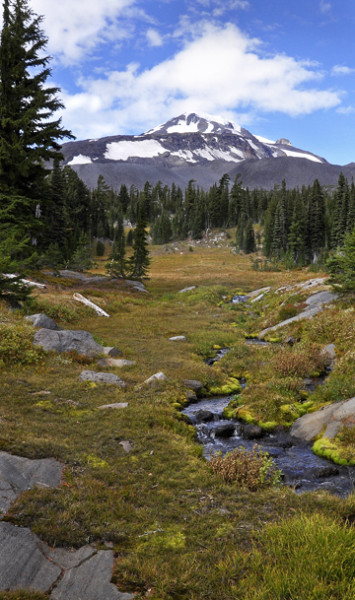
[/media-credit] Gotchen Meadows, Mt. Adams
To reach the trails, we drove up one-lane gravel roads through dense stands of pines, firs, and larch. Scarlet gilia, Indian paint-brush, orange lilies bloomed along the road. Snow covered Mt. Adams rose above the ridge tops. Everyone in the work party loves to ski and hike here because of the beauty, and yet we all drove past miles of roadside littered with discarded pop and beer cans, oil bottles, water bottles. Why is it so rare to enlist a work group to clean this place?
I wonder about the man who drove us here. Not him specifically, but the millions who with a similar lifestyle, who love nature so much they ski, mountain climb, hike, kayak, windsurf—any kind of sport to be out in the wilds—and then build larger and more homes and offices than they need, which end up destroying the very natural areas they love.
Later, a friend disagrees with me. “It’s the success of people like him who bring jobs, who fuel the economy, and who donate their time and money to causes like trail clearing.”
I always get to this point. Maybe it’s my mother voice in my head, but I think, who am I to be looking and judging other people’s lifestyle. Do I live that simply?
Still, I think about all the car gasoline fumes and aviation fuel exhaust misting down on the forests he loves as he travels between homes. Do we think one person’s affect makes so little difference? My friend tells me I don’t know why our driver keeps those houses or why he has to travel between them. True. And I stop talking to her about it. I’m not talking about one person; I’m thinking how many just like him have multiple homes. What if we all had three homes? Can earth sustain the impact?
In the movie Dr. Zhivago, two people talk about people cutting up furniture, anything wood to burn in the freezing winter. One says that surely it can’t hurt in desperate times. The other replies: not one person, no, but a million, yes.
Several weeks ago, Jurgen and I tried to reach the trailhead to Lookout Mountain. Five miles up, snow blocked the road. We decided to slowly make our way back down and pick up litter as we went. We filled four giant garbage bags. It’s unbelievable to see a mountain meadow filled with wildflowers and find there a gallon plastic yellow container filled with used oil. What would cause someone to do that? Insanity?
Today, as our driver takes us back to our car from our day clearing trail, he tells us the gray digger squirrels ruin many of his plants. We have heard this story told with slight variation dozens of times. Person moves from city to country and complains to us about nuisance deer eating their gardens. Or tell us their worry over coyotes getting a pet dog or cat. I try not to say anything. Sometimes I succeed. I cherish those who understand they destroy wildlife habitat when they move into these places and do their best to ameliorate the damage they do.
Off and on through the day, the man talked of his love for his children and grandchildren. I admire that quality. As we load loppers, chain saws, and hard hats at day’s end, our driver turns to the Forest Service employee and asks when we he gets his free trail pass. This time Jurgen speaks out, “The Forest Services needs the money for keeping trails open, and it’s only $30.” I think of the irony of the man with many houses, international travel, ski vacations asking this of a Forest Service employee who lives in a bunkhouse hoping his temporary job might turn into full time work someday.
Our driver donates many days to other causes. He worked tirelessly this day without complaint, yet I can’t reconcile this lifestyle choice with conserving earth’s resources.
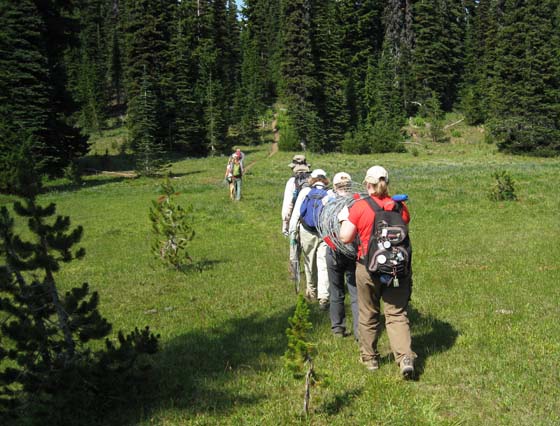
Volunteer trail work crew.

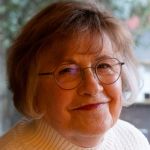
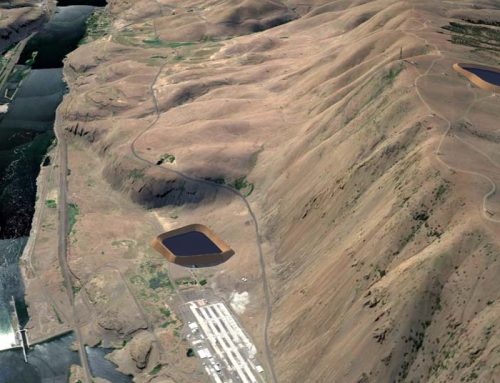
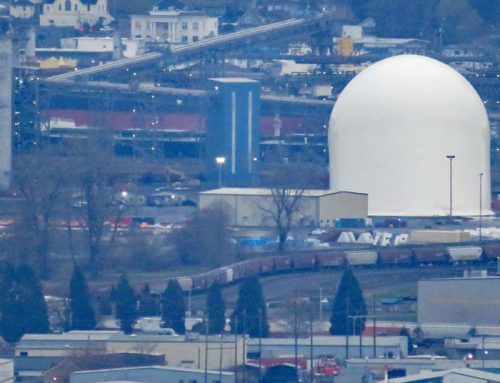
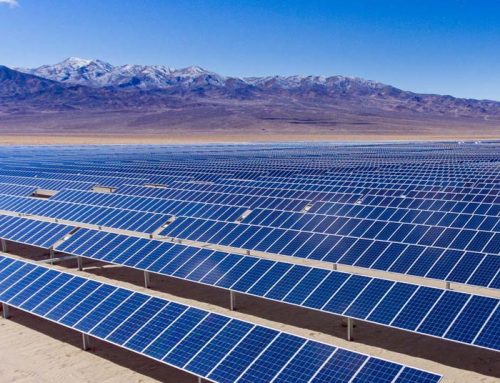
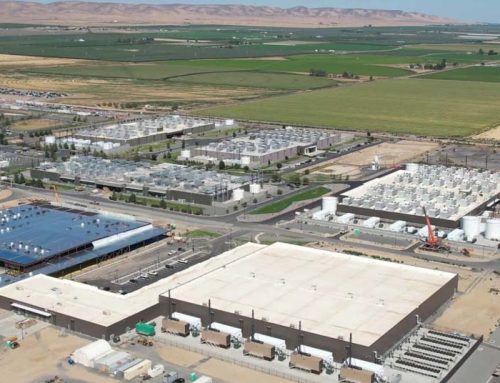
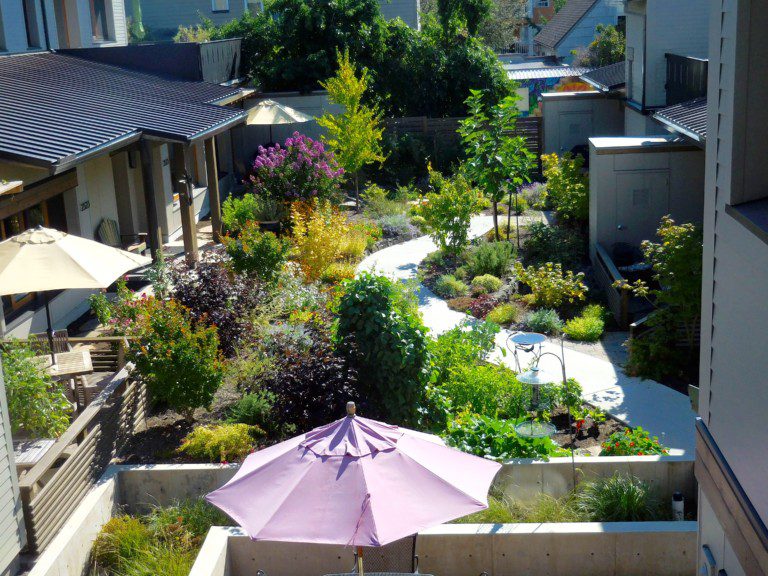
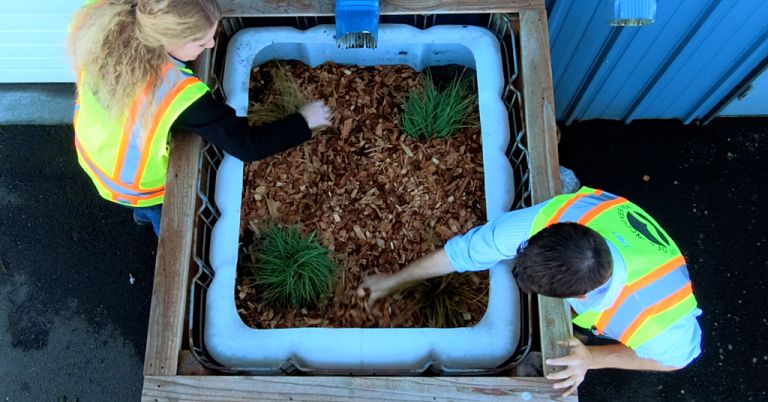
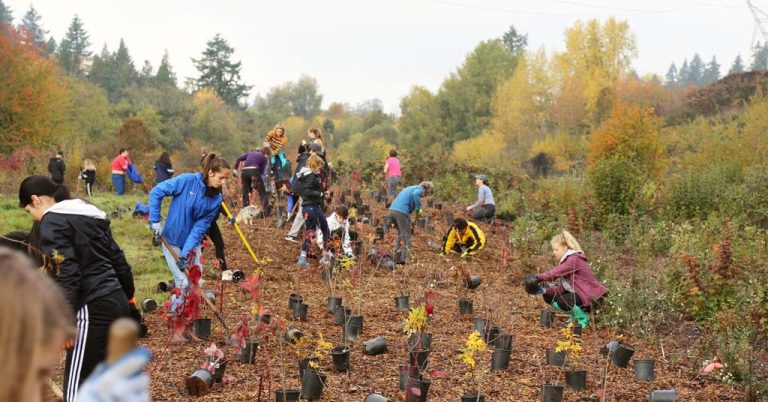
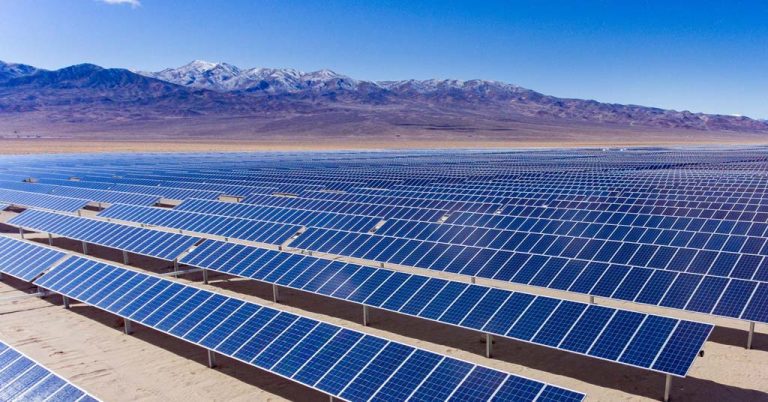


I’m so glad you re-published this piece, Susan. I also find myself judging wealthy friends’ lifestyles (multiple homes, big gas-guzzling cars, frequent jet travel, etc.), and wondering if they have any idea about their huge carbon footprints and environmental impacts. Your insightful story is far more relevant today than it was in 2004!
This is a very deep piece you wrote in 2014, Susan. How much more timely now, as people buy second homes and third homes more often than ever, and income/wealth disparities have grown ever greater. Thank you.
Thank you, Tina.
I find much to agree with in what you wrote, but also feel the need to point out something. As a person who volunteers to improve trails in the gorge and also tries to live responsibly, I have found that there are very few people of any level of wealth who attend volunteer trips such as yours. This wealthy person did. I don’t think it’s fair to criticize this person’s lifestyle choices off the trail without also asking why so many people have the time and money to use our recreation sites and “live responsibly” but fail to spend even a few days a year maintaining or improving them.
It’s not good to be wasteful in our impact on the environment, but it is both selfish and wasteful when able-bodied people who can afford a car and gasoline to hike, bike, or ski choose to leave the work of keeping trails open and clean to someone else. That is a big problem with our overused gorge today.
When volunteering, the cardinal rule should always be cordiality. It’s tough to do and I’m the first to admit I’m not perfect at it. However, we can’t afford to turn off any volunteers in what is already a very scarce supply of them.
Thank you, Chris. It is nice to have you bring this point of view.
Thank you, Susan, for sharing this great article again. I wonder what is happening to our world, when I see nice family homes torn down, to be replaced by a very large two or three story house that may not be occupied year round. This does not benefit the community. Do we need to let this happen?
Important issues, and as good an article as I’ve seen anywhere on this issue of balance.
Wonderful article, Susan. I would add, and I believe you imply, it’s not just the number of homes but the kinds of homes we build. Our kids moved back to Hood River two years ago and planned to stay with us a couple of months while they got settled. It’s now been two years. We need smaller, affordable housing that is built in a sustainable way and that function sustainably in concert with creation. Somehow we need to move beyond the unspoken assumption of being consumers of creation to living in harmony with creation.
It would be great to see some communities that successfully solved this challenge.
With the opinions on the Westside development, I think the city/county needs more than contractors/individuals buying land and then building what ever they want. Driving through Hillsboro and Beaverton it is obvious that everything is planned, from shopping clusters, medical buildings, parks, size of streets and feeder routes. I think it is time that a professional planner is hired to lay out the area with similar planning and foresight. Expensive, but the quality of life, meeting housing needs, and logical layout of sewer. water, electrics, fire. And then trails, schools, walk/bike planning are all needed and are not the area that individuals, contractors, and city/county seem to be concerned about.
A fine essay, Susan. It’s a very troubling situation, and complicated. Thank you for re-posting .Three quotes come to mind.
The Americans will become Natives of their land. If they don’t, they will die and their land will die. ~ Carl G. Jung
Stop somewhere. And begin the thousand-year-long process of knowing that place. ~ Wendell Berry
Nature is party to all our deals and decisions, and she has more votes, a longer memory, and a sterner sense of justice than we do. ~ Wendell Berry
While a big part of the human story on Earth is migration and exploration, a huge difference between past and present is human population size and the widespread contamination and simplification of Earth’s ecosystems. We will need to learn to live a LOT simpler and in functional community very quickly, or the future will be profoundly unthinkable.